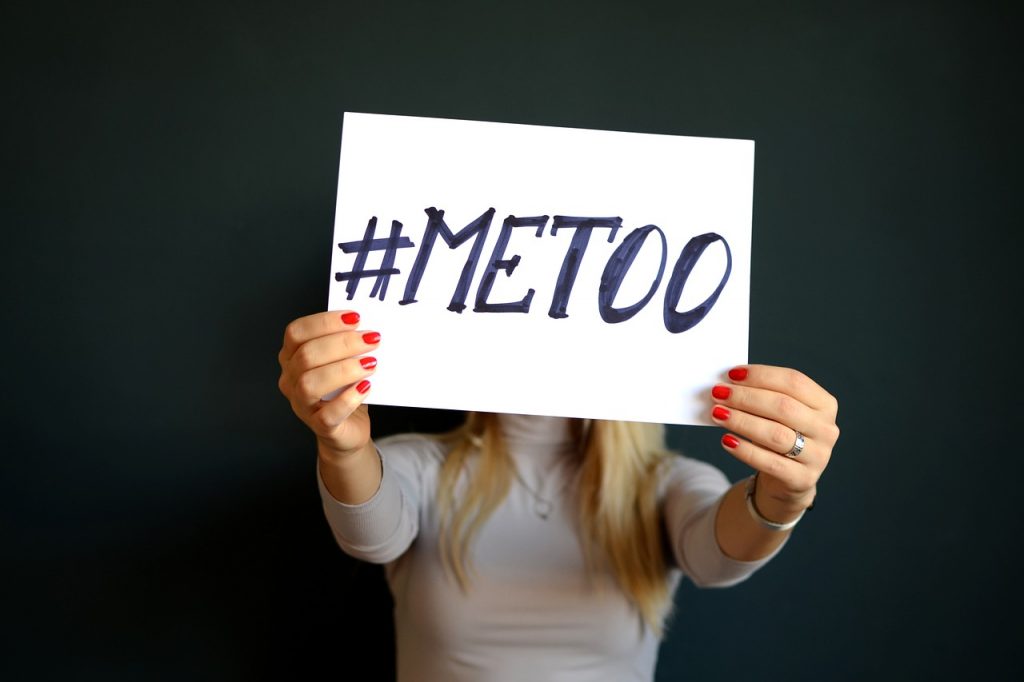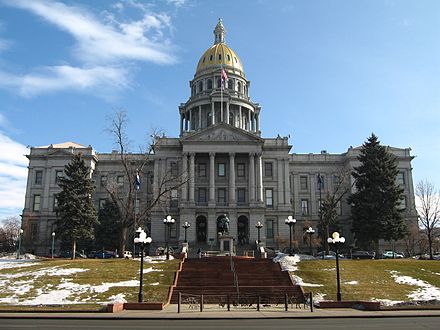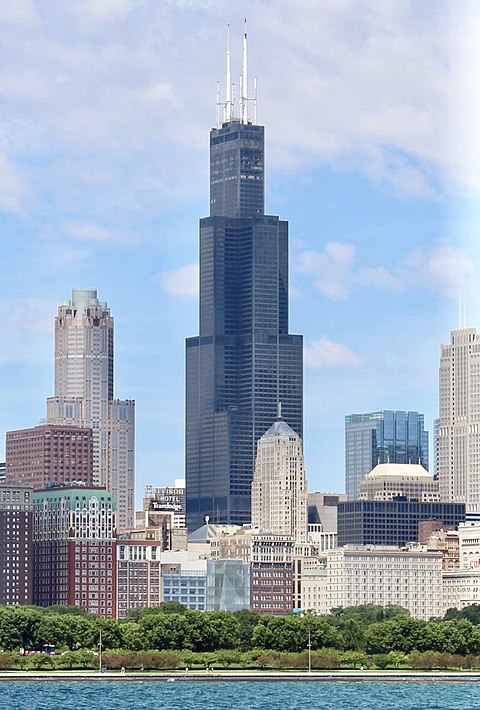Viewpoint: There is No Problem with the #MeToo Movement
Recently The Atlantic posted a short video of writer Caitlin Flanagan explain what was wrong with the #MeToo Agenda.
Her first point was that it covered too much as it “descends the ladder from rape to bad dates making it a category big enough to be meaningless.” But there is an obvious difference between rape and a bad date and there is a huge gray area in between and the line is drawn with consent. I know too many men and women who are survivors of sexual violence. But I also know people who have had bad dates (myself included). A bad date is someone who’s rude or narcissistic or just not someone you’re interested in, Rape and assault are crimes. The difference is clear and no one tweets #MeToo over a bad date, they just “girl me too” to a friend.
Flanagan also mentions men who are unfairly caught in the crossfire among accusations of powerful men being brought to justice. She cites Matt Damon who said “groping someone’s butt was different than sexually molesting a child.” While Damon was correct from a legal standpoint, and that these two acts are different, both acts are acts of sexual assault or violence.
There is no excuse for assault or violence on any scale. The fact that Damon doesn’t realize this is a perfect example of how microaggressions find their way into our common media. Any act of unwanted sexual advances made by anyone is unacceptable.
To Flanagan, Damon is misinformed and part of the problem. But most of that comes from the fact that he was misinformed.
She criticizes women for thinking male power structure is part of the problem and suddenly smashing the patriarchy being added to the list of goals for the #MeToo Movement. You can only do so much good targeting individual offenders who have taken advantage of the unfair power structure stacked in their favor. Soon enough you need to address the root of the problem, and it often lies in our history of male centered power structures.
While we can’t undo history, we can work towards equal representation and allowing each individual to be able to thrive under a power structure instead of allowing the people at the top take advantage of everyone below.
Flanagan notes, “It seemed as though almost every woman had some sort of goal she wanted to add to the agenda. No problem was too small or too vague to be included–So long was a man was to blame.”
Have you stopped to think that there actually is a problem? If every woman can identify at least one time in their life where someone has made unwanted passes at them this is clearly a problem that needs to be handled.
Perpetrators needs to face justice and survivors need to heal.
This isn’t just a women’s issue: sexual violence affects everyone: More than 1 in 3 women (35.6%) and more than 1 in 4 men (28.5%) in the United States have experienced rape, physical violence and/or stalking by an intimate partner in their lifetime.
The #MeToo movement is about bringing those guilty to justice. Not attacking men.




